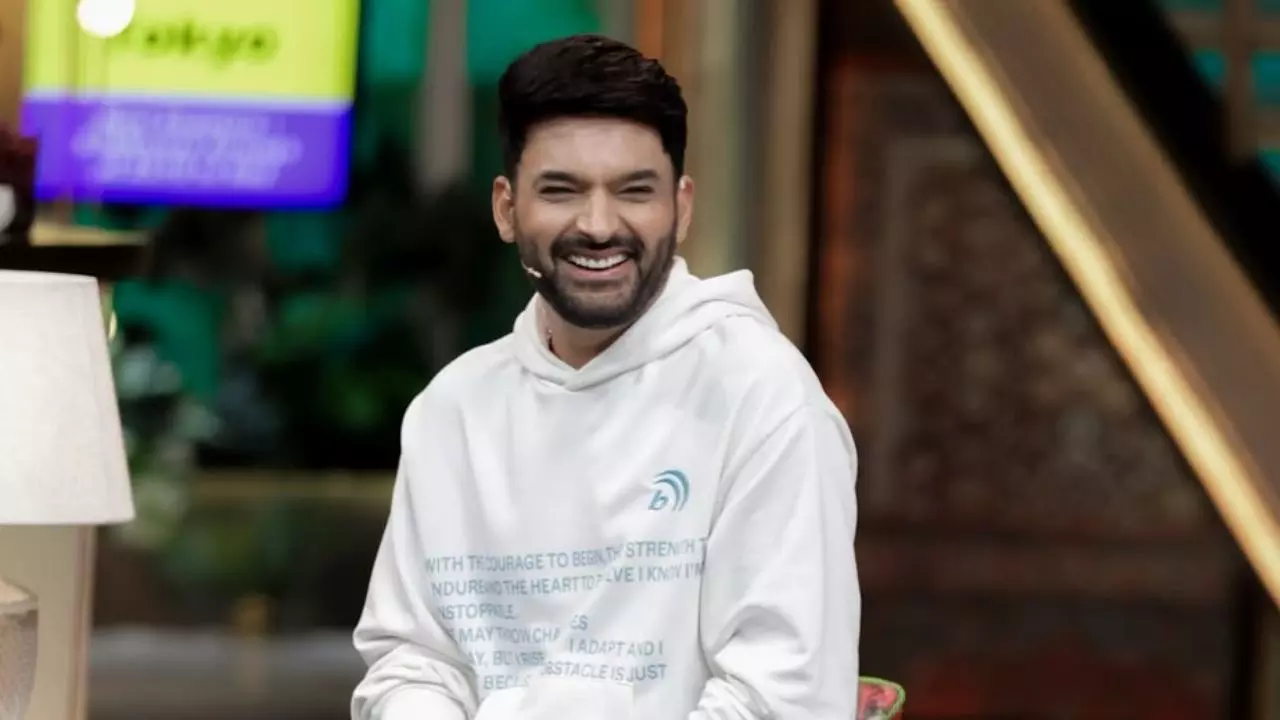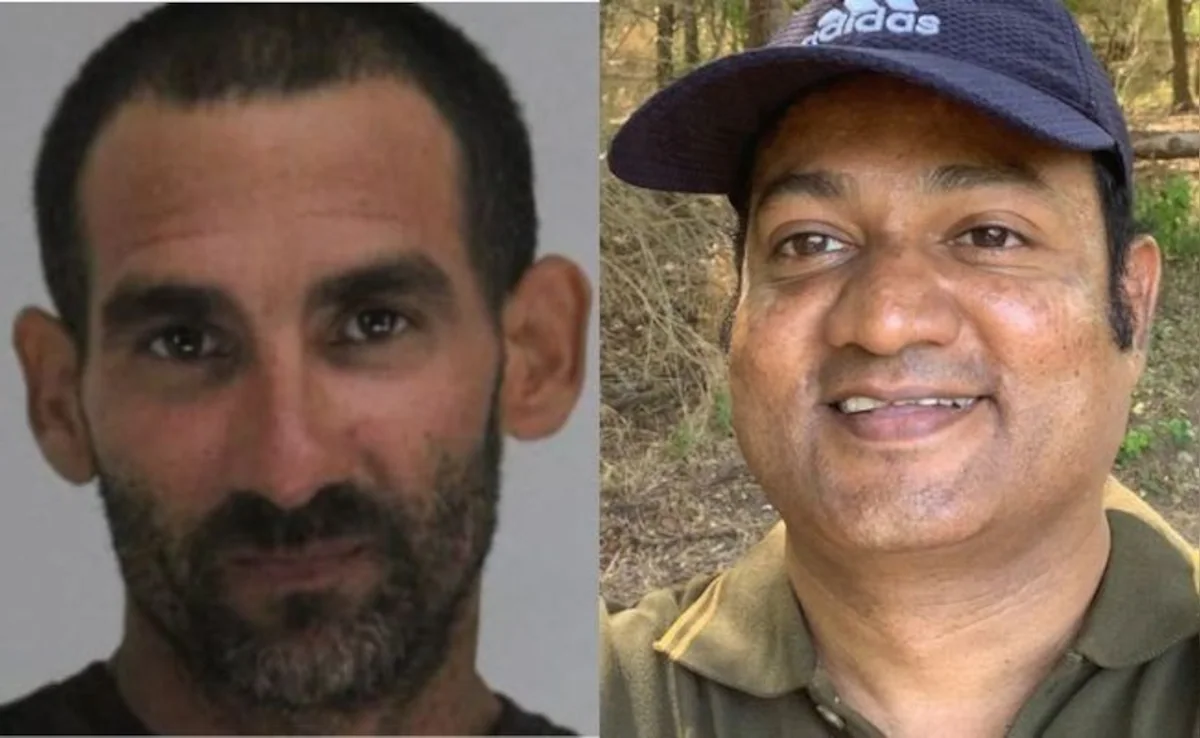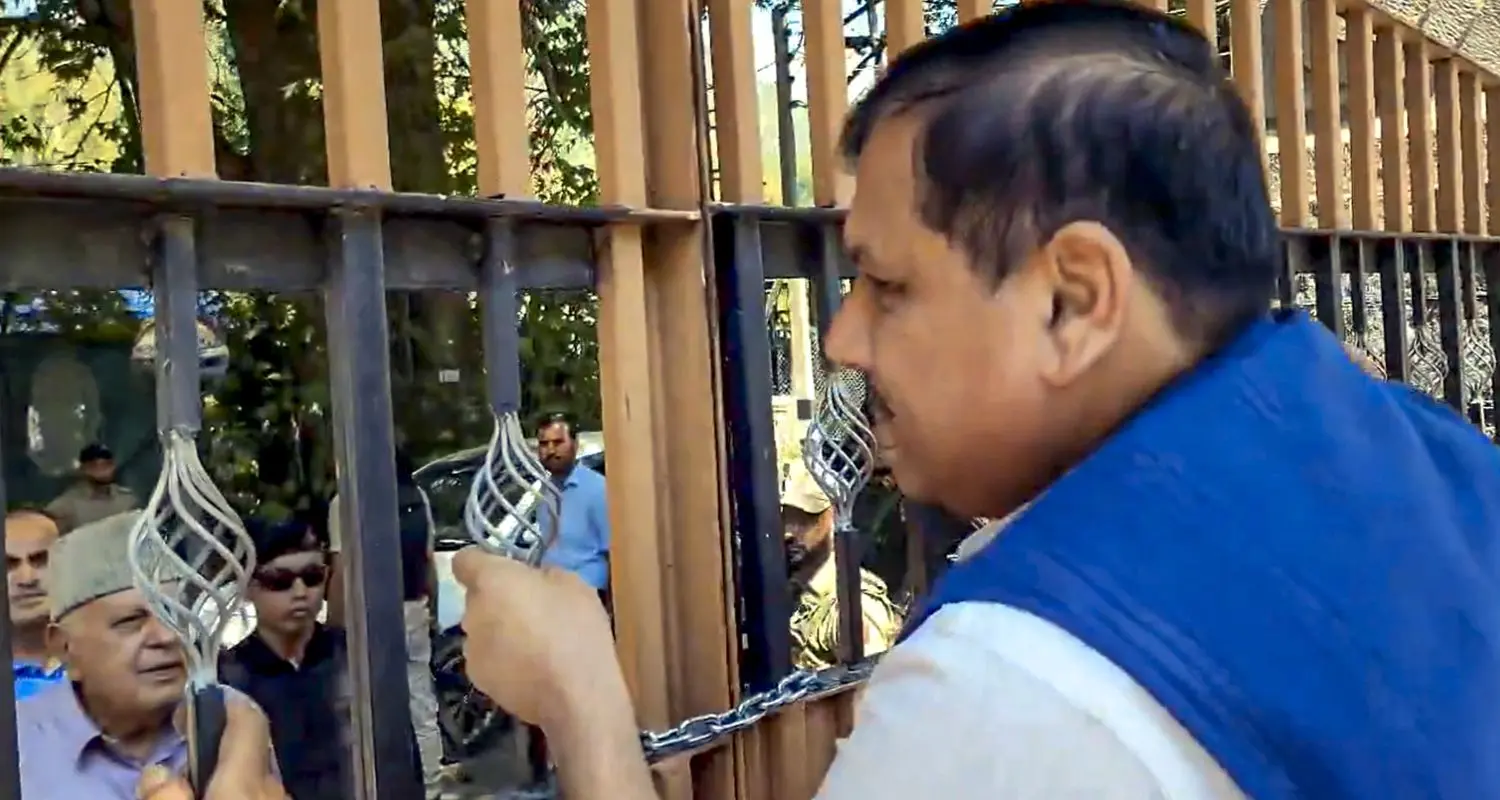[vc_row][vc_column][vc_column_text]In a unanimous decision, a nine-judge Constitution bench of the Supreme Court of India on Thursday rejected central government’s objections to pronounce that right to privacy is a Fundamental Right and it is protected under Article 21 of the Constitution of India.
The bench overruled the earlier judgments in MP Sharma and Kharak Singh cases which had said right to privacy did not have Constitutional protection.
The question of whether Aadhar can be made compulsory for various services would be decided separately by a five-judge bench which will hear a clutch of petitions challenging the validity of the Act.
The right to privacy ruling came on an array of petitions challenging the Centre’s move to make Aadhaar mandatory for availing the benefits of various social welfare schemes. Petitioners say that enforcing the use of Aadhaar is an infringement of privacy. They also stress that the Aadhaar database was originally presented as a purely voluntary programme that offered to provide every Indian with an identity card.
Senior counsel Prashant Bhushan, who is a party to the case, told reporters: “The judgment doesn’t say anything about the right of citizens to share biometric details for Aadhaar. The nine judges held that right to privacy is a fundamental right. Any law which is made to restrict this fundamental right will have to be examined keeping Article 21 in mind. For example, if the government tomorrow says that your Aadhaar card will be required for your travel and income tax filings, that in my view these are unreasonable restrictions… it is a setback to the government as they said right to privacy is not a wholly qualified right.”
The judgment on behalf of the Chief Justice Justice Jagdish Singh Khehar, Justice RK Agrawal, Justice S Abdul Nazeer and Dr Justice DY Chandrachud was delivered by Dr Justice DY Chandrachud. Justice J Chelameswar, Justice SA Bobde, Justice Abhay Manohar Sapre, Justice Rohinton Fali Nariman and Justice Sanjay Kishan Kaul delivered separate judgments.
The order said:
“(i) The decision in M P Sharma which holds that the right to privacy is not protected by the Constitution stands over-ruled;
(ii) The decision in Kharak Singh to the extent that it holds that the right to privacy is not protected by the Constitution stands over-ruled;
(iii) The right to privacy is protected as an intrinsic part of the right to life and personal liberty under Article 21 and as a part of the freedoms guaranteed by Part III of the Constitution;
(iv) Decisions subsequent to Kharak Singh which have enunciated the position in (iii) above lay down the correct position in law.”
(Part III of the Constitution lays down the Fundamental Rights of the citizens.)
The court had reserved its verdict on August 3 after marathon day-long hearings spanning six days across three weeks.
A battery of senior lawyers, including Attorney General KK Venugopal, Additional Solicitor General Tushar Mehta, Arvind Datar, Kapil Sibal, Gopal Subramaniam, Shayam Divan, Anand Grover, CA Sundaram and Rakesh Dwivedi, had advanced arguments for and against the inclusion of the right to privacy as a fundamental right.
A number of petitions had questioned the violation of privacy in collection of information under Aadhaar.
Before the nine judge bench was set up, a five-judge constitution bench headed by chief justice JS Khehar earlier said that the larger bench would examine the correctness of the two judgments delivered in the cases of Kharak Singh and MP Sharma in which it was held that right to privacy was not a fundamental right.
PETITIONERS’ STAND
Legal eagles Gopal Subramanium, Soli Sorabjee and Shyam Divan appearing for the petitioners strongly argued for declaration of ‘Right To Privacy’ as a fundamental right.
Subramanium contended that privacy is embedded in all processes of human life and liberty. “All human choices are an exercise of liberty. And they all presuppose privacy,” he argued
Sorabjee argued that privacy is an inalienable right inhering in the very personality of Human beings.” The fact that no express right to privacy is mentioned in the Constitution does not mean that it doesn’t exist. Article 19(1)(a) does not guarantee a freedom of the press. But you can deduce it from free speech, which courts have done. The framers said that freedom of the press was implicit in free speech.”
Divan argued, “We have an unbroken line of decisions since 1975 recognising the right to privacy. Privacy includes the right to be left alone, freedom of thought, freedom to dissent, bodily integrity, informational self-determination.”
CENTRE’S STAND
Strongly backing the Aadhaar scheme, the Centre submitted that the right to life of millions of poor in the country through food, shelter and welfare measures was far more important than privacy concerns raised by the elite class.
Controversially, Attorney General KK Venugopal arguing for the Centre also stated that privacy claims required better priority in developed countries “not in a country like India where a vast majority of citizens don’t have access to basic needs”.
He said right to privacy cannot be invoked to scrap the Aadhaar scheme. The government was categorical that after enrolling nearly 100 crore citizens spending an astronomical amount of Rs 6,300 crore there was no going back.
The Aadhar law will now be tested against Thursday’s right to privacy judgment. The judgment also has a bearing on broader civil rights as well as a law criminalising homosexuality. A ban imposed on the consumption of beef in many states and alcohol in some could also come up for review. The question would be decided by a five-judge bench separately.[/vc_column_text][/vc_column][/vc_row]
![Right To Privacy Is A Fundamental Right: SC Constitution Bench [9:0]](https://apnlive.com/wp-content/uploads/2017/08/RightToPrivacy.jpg)

 Latest world news19 hours ago
Latest world news19 hours ago
 Latest world news19 hours ago
Latest world news19 hours ago
 Latest world news19 hours ago
Latest world news19 hours ago
 India News19 hours ago
India News19 hours ago
 India News10 hours ago
India News10 hours ago
 Latest world news10 hours ago
Latest world news10 hours ago















